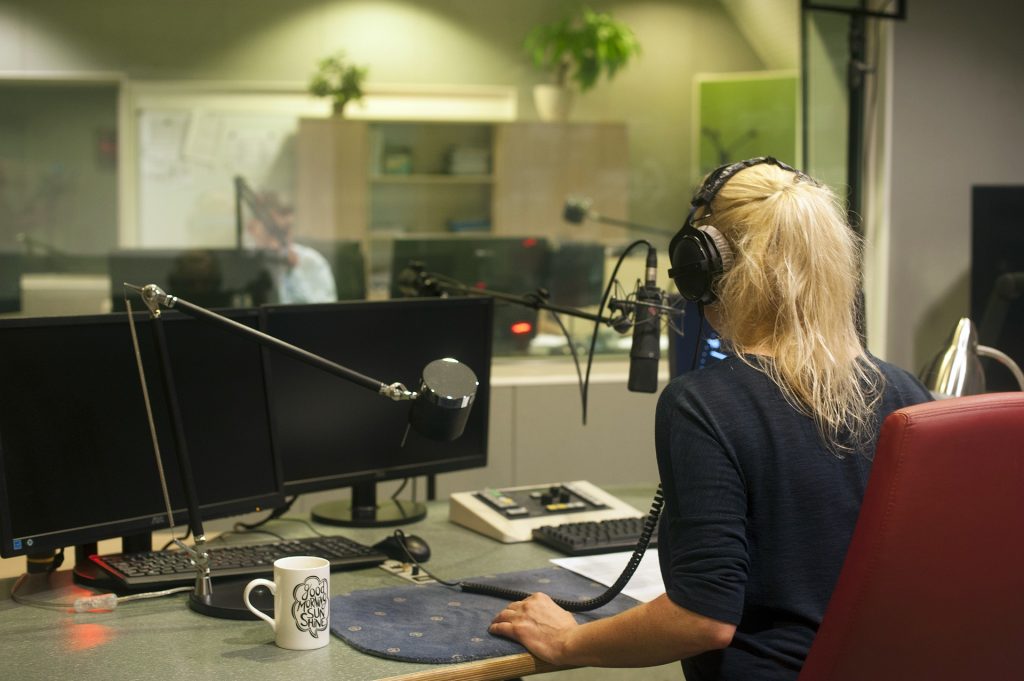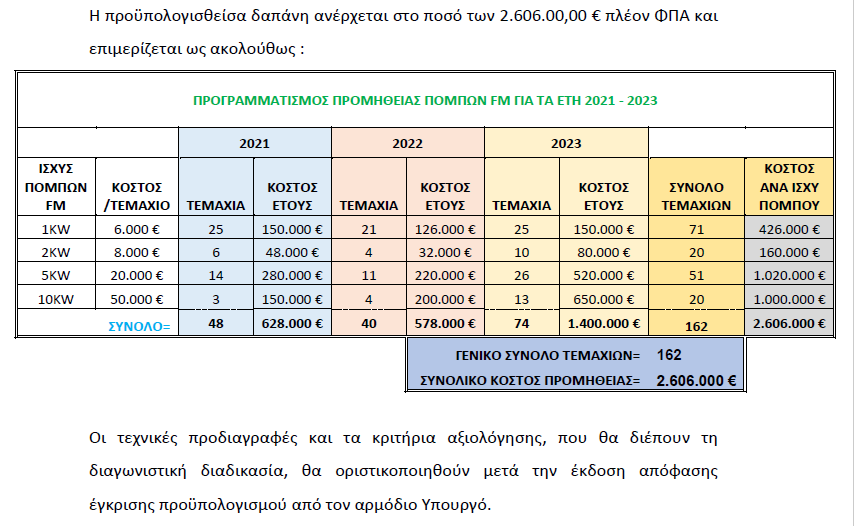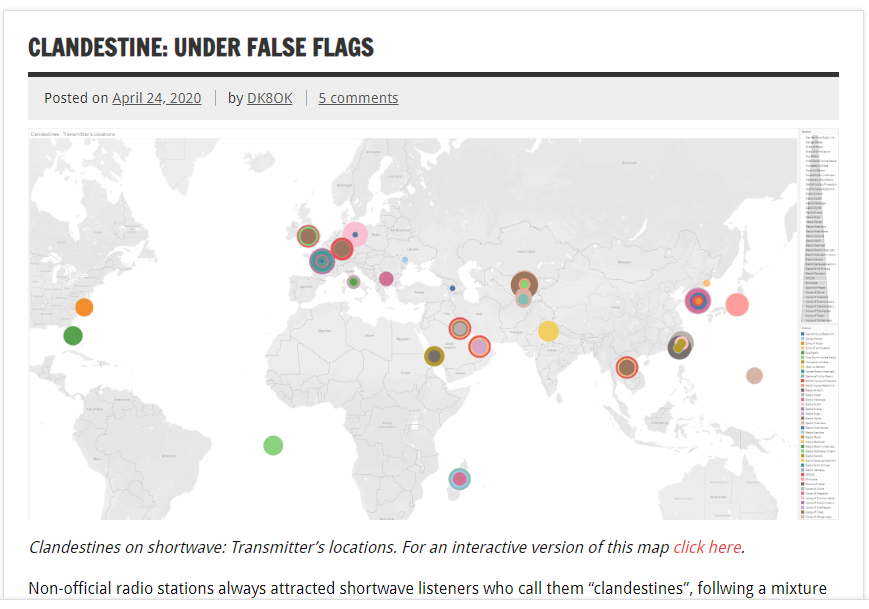
Source
The crisis funds to support local radio and TV stations are ‘totally inadequate’. This is how the associations representing broadcasters have branded the funds allocated for the sector in the draft copy of the ‘ Revival Decree’, which the Government is preparing in order to shore up the Italian economy which has been weakened by the pandemic. The Italian Publishers Association reaffirmed in a brief press release that ‘while undergoing a drastic reduction in revenues (often up to 80%) radio and TV stations have continually carried out the role of public interest nationwide’. Aeranti-Corallo, Confindustria Radio Televisioni and Associazione Alpi are therefore asking for ‘an adequate allocation of funds’. This is because the sector is ‘strategic in order to restart the economy, which is based on small and medium-sized companies that produce 58% of the turnover of industry in Italy’. The 40 million euros planned in the Cura Italia Decree (March 16th, 2020) were cancelled at the last moment.
The complaints have had an effect. According to the latest draft of the decree (May 19th, 2020) which has not been published yet, the funds have apparently returned to € 40 million. We will update you shortly.
In previous articles we spoke about the collapse in advertising, the request made by Aeranti-Corallo for funds of 130 million euros and the allocations of funds made by other governments from Spain to the United States.



















